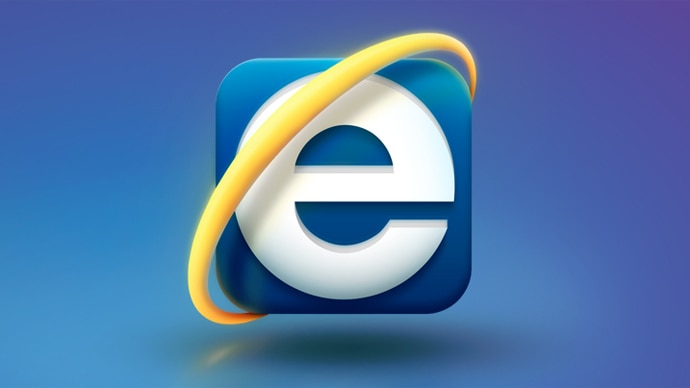I am ridiculously happy to make this post – and I just wanted to get that out of the way immediately. Now then, 2016 marks the official end of life for Internet Explorer 8, 9, and 10. Official end of life. Microsoft will no longer offer security updates, non-security updates, or any assistance regarding IE versions 8 through 10. As of now, the focus from Microsoft will be on IE 11 and the new Edge browser.
Beginning January 12, 2016, only the current version of Internet Explorer available for a supported operating system will receive technical support and security updates. Microsoft recommends that customers running older versions of Internet Explorer upgrade to the most recent version, which is Internet Explorer 11 on Windows 7, Windows 8.1, and Windows 10.
For a complete list of browser/OS combinations supported after January 12, 2016, please see the Microsoft Support Lifecycle FAQ for Internet Explorer.
Did I mention that I’m extremely happy about this? Running out-dated versions of browsers completely destroys the entire experience that is the internet. A technology that was intended to be fast paced, and ever changing, cannot be expected to run on the same browser for 10 years. Plus, “Without critical browser security updates, your PC may become vulnerable to harmful viruses, spyware, and other malicious software which can steal or damage your business data and information,” said Microsoft.
Users currently running IE version 8, 9, or 10 should head over here and choose a new browser. If you have an enterprise line-of-business (LOB) application with a dependency on a version of Internet Explore, not to worry — Microsoft is introducing new features and resources to help customers upgrade without losing out on functionality. Enterprise Mode, for instance, permits the use of legacy web apps with Internet Explorer 11.
